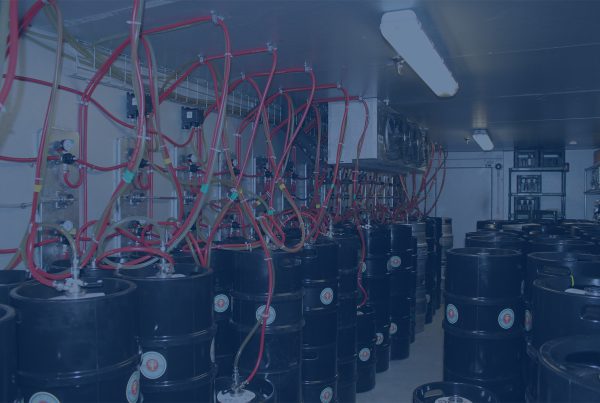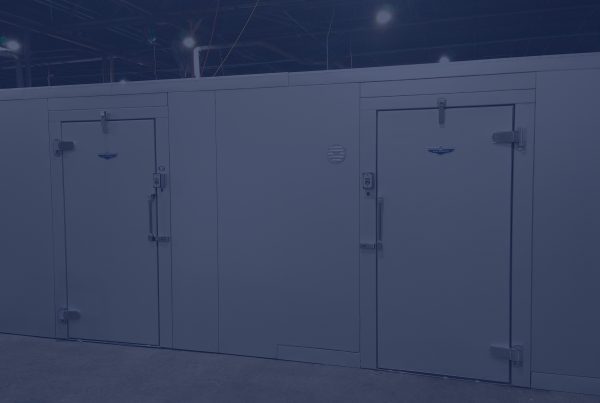Walk-in coolers and freezers: When is the last time you went into your property’s walk-in cooler unannounced? If you haven’t done it in a while, you might be surprised. This is essential for passing your health inspection. I recently had the experience where an excellent GM asked me to identify opportunity areas in the kitchen operation. I went through the walk-in coolers and freezers and found the following issues within the first 10-minute visual inspection:
-

Make sure you have an inventory management process in place.
Walk-in freezer that was very poorly lit (read: hard to find items), with boxes of frozen foods that had not been dated. Clearly without a date, it is hard to employ the First-in, First-out (FIFO) method of inventory management. How do we know when that box of chicken wings on the bottom of the stack came in? It is possible the box on the bottom is living there in perpetuity while new inventory is stacked on top every week?
- Food items stored unwrapped, with no date, in non-translucent storage pans and hotel pans. In one instance, two different products were in the same tray: one was uncooked raw chicken breast stored at an angle so the blood was running into unwrapped Canadian bacon. In a cruel moment of irony, just that morning I had been in the hotel’s restaurant outlet and sat next to four female business travelers who all ordered the Eggs Benedict for breakfast. When I eventually asked the sous chef (the executive chef was off at the time) what was going on, there was a general lack of awareness and training about the dangers of such poor food handling and the improper storage methods. The acts and non-acts were not malicious; rather it was a training and education issue. Oh, and he thought buying Lexans for storage purposes was too expensive for the GM to approve.
- Soup stored unwrapped in a large container sitting on the floor directly under the cooler’s condenser unit that was dripping water condensation into the soup.
- Pre-torn and bagged Iceberg lettuce, carrot sticks and celery sticks. Most of us in the industry know that convenience products come with a cost, both financial and quality to our guests. In the case of bagged lettuce, this product was highly preserved with a chemical known as “Freshway” that delays the browning process of the lettuce. Unfortunately, it is also known to cause some guests intestinal problems not unlike the way MSG gives some people headaches. I encourage you to evaluate the true cost of the convenience products you use and determine if your kitchen staff is taking a shortcut that is effectively putting thorns into your hotel’s crown.
I ended up finding the GM immediately after my inspection and insisted she look at what I was seeing so it could be fixed prior to any additional guest impacts. There are many ways your property can lose money in the kitchen operation including theft, poor receiving practices, ordering and inventory management, food handling and sanitation. When I was a hotel GM, I made it a practice to visit walk-in coolers on a weekly basis, and my chefs generally liked the idea that I took an interest in his operation. The good ones will welcome it.
Read the full article by Gavin Landry at Hotel News Now



